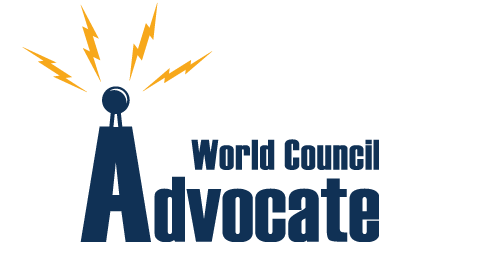WOCCU Comments Included in IFAC’s Roadmap on Strengthening Accounting Standard Setting Process
2018-08-29WOCCU input is reflected in the International Federation of Accountants’ (IFAC) “Perspectives on the Way Forward for Strengthening the Oversight and Operations of the International Audit & Assurance and Ethics Standards Boards”, which provides a roadmap for developing high-quality international accountancy standards.
The Monitoring Group (MG) has been reviewing the international standard setting process since early 2015 and most recently published a consultation paper outlining possible actions. WOCCU provided input into this consultation urging inclusion of a “multi-stakeholder” approach to help the board develop standards that better serve the public interest and are relevant to all types of business enterprises including credit unions.
The report is designed to set out perspectives on the way forward to strengthen the oversight and operations of the standards boards responsible for audit & assurance and ethics. While this report does not include an agreed Public Interest Framework (PIF), it does provide a roadmap to advance consensus noting the following:
- Broad support and agreement for a Public Interest Framework (PIF) is important to provide a firm foundation on which to base any significant changes to the model.
- A multi-stakeholder approach to achieve consensus is essential; and
- Improvements will need to be appropriately funded, but a new, viable, diverse funding model has not yet been proposed or agreed.
The report further notes that although the current process produces standards that are regarded as high quality and credible, improvements are needed in the following areas:
- Clarifying the distinct roles between oversight and standards development;
- Enhancing multi-stakeholder representation on both the oversight body and the standards boards;
- Improving the timeliness of standards development while retaining their quality and relevance; focusing on standards related to auditor performance; quality management within firms; the implications of new accounting standards; and emerging areas of reporting and new technology;
- Addressing the perception that the accountancy profession is able to exert undue influence; and
- Increasing the funding sources to support the proposed improvements above, and to ensure sufficient, sustainable, and preferably diverse funding for the future
A copy of the report can be viewed here.

